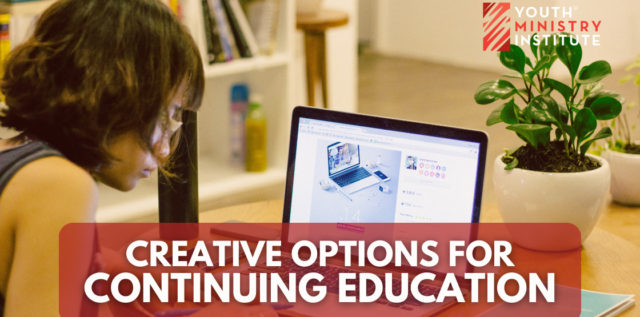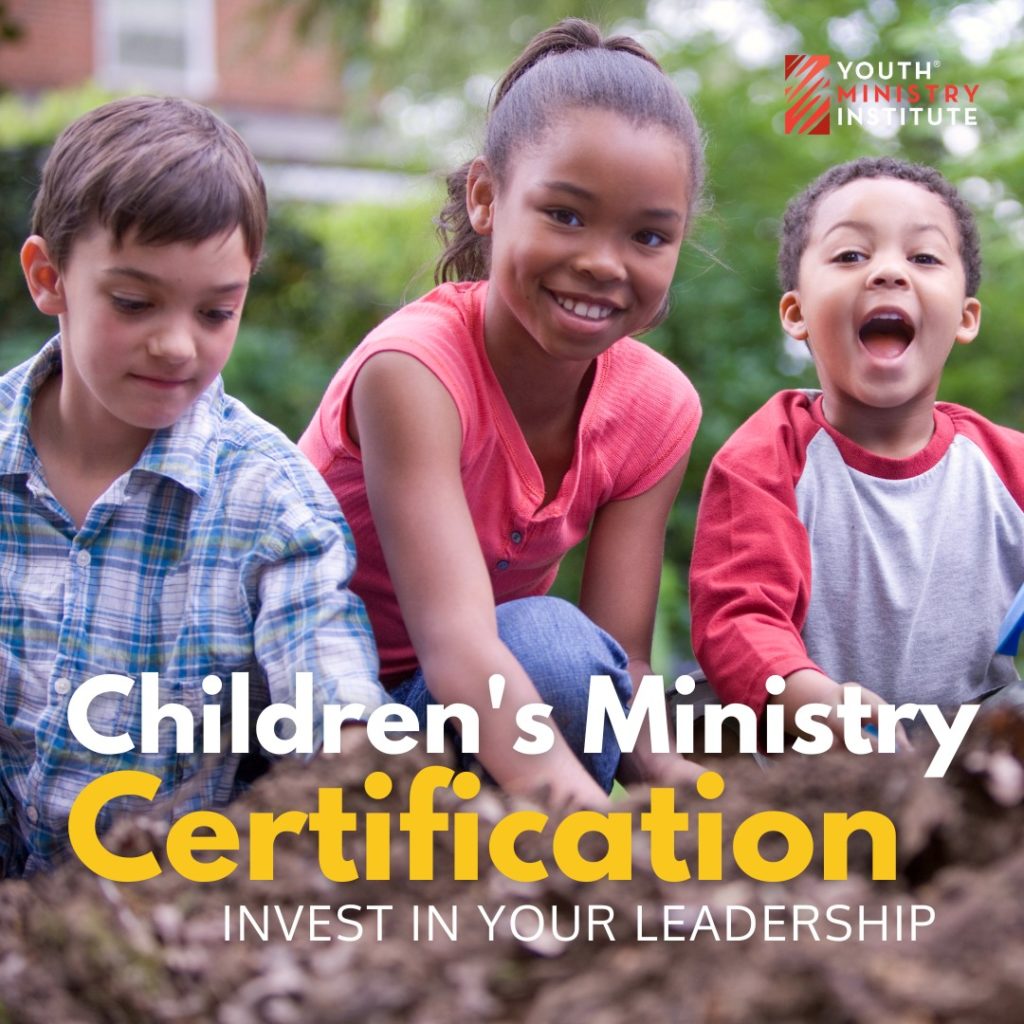College Football Playoff Chaos & Bible Reading

Have you noticed the chaos that followed the announcement by the College Football Playoff selection committee? One school feels snubbed, while the other feels like they deserve it. One group believes in their record, while the other claims that the playoffs are a mere invitational. No matter the committee’s decisions, someone was bound to be upset.
The truth is, it was doomed to fail from the beginning.
When you invite a group of people together to decide who is “most deserving” or “the best team,” you are bound to lose, and there are several reasons. One such reason is the subjective nature of the task. Who can really claim one team is more deserving? Perhaps we could stop right there and let that teach us something about ministry. Moving beyond subjectivity, I believe the number one reason that this was doomed to fail is because of the people involved.
When I say people, I do not mean the specific individuals on the committee. It is more about human beings being involved in the selection process.
Human beings carry all of themselves into every situation and conversation. You and I are a pool of our experiences, family of origin influence, culture, opportunities, struggles, preferences, and more. It is impossible to entirely remove the influence of these factors. The same is true about every person on that committee. Each person brings their own conference bias, playing experience, preferences, and more into the room.
And here is the challenge for us: we all do the same thing.
This reality is particularly true when we read scripture. When you read a few verses, you read it as a person with presuppositions. All of your life influences the way you understand and interpret those verses. This dynamic is partly why two different people can read the same verse and come up with entirely different meanings.
As you can imagine, this creates a problem for us. This problem is especially true when preparing to teach a lesson, give a message, or write a small group study.
So, how do you read scripture as purely and accurately as possible, removing as many presuppositions as possible? How can we get as close as humanly possible to the original intent of the author?
I believe you can do this, and it is imperative that you learn how to do this as a leader in ministry. Your young people and families depend on us to learn these skills.
Finding The Intent In Scripture
Read the text carefully.
When approaching a text, reading the selected text carefully is essential. You want to read it multiple times, preferably in a few different translations.
As you read the passage, make notes. Are there interesting word choices, phrases, or movements that stand out to you? Who was named as present, or who was noticeably absent? Who is talking, and who are they talking with? What do you know about the audience present when Jesus was speaking?
Ask as many questions as possible about the text. The quality of your questions will often dictate the quality of your interpretation.
Consider the context.
No story or statement in scripture comes from a vacuum. There is context around the story or statement. How did the crowd arrive where Jesus was? Why did Paul make that statement to that specific church?
First, consider the immediate context around the passage. What happens right before and right after your reading? Next, consider what happens in the larger context of the book. For instance, does this passage occur near the end of Jesus’ earthly life and ministry or the beginning? Finally, consider the reading in the larger context of the entire bible.
Thinking about the context can help us understand clues about where the story has been and is going. The context can help us find reasons for the setting or understand the original audience’s motivations. And the context can help us hold our understanding up against the entire narrative of scripture.
Read the work of others.
There are a lot of great writings out there by many different people. Read commentaries, articles, and other texts about your selected scriptures.
You want to select readings from a variety of authors. Choose authors that are similar to your theological stance and those that differ. Be intentional about selecting works from authors who are different than you in as many ways as possible. The goal here is to gain as much variety of insight as possible. By accessing a wide variety of thoughts, you are taking a step toward reducing the influence of your presuppositions upon the interpretation.
Practice makes you better.
In ministry, we get busy. Having enough time to engage in quality scripture reading can be challenging. This difficulty is true for our spiritual reading, which so many of us, myself included, need to work toward better habits. It is also true when it comes to attempting to understand the original intent of the author.
For some of us, this form of scripture reading feels daunting. I don’t believe this type of study is just for people who have gone to seminary. I believe you can do this work. So start small. Give it a try with a section of scripture. Perhaps where Jesus calms the storms or the feeding of the five thousand are good places to start. Regardless, give this type of work a try. Eventually, you will get fast, and your interpretations will become stronger.
One last note. College football is a mess right now. NIL has proven somewhat of a disaster, and the playoff structure is not working.
Sometimes, we can look at the church, which feels like a mess. We struggle with parents, young people, church leaders, boards, and other people or systems that make the church complicated. It can be disheartening at times. But maybe the mess we see in college football can remind us that it is not just the church. Every organization or group has things to wrestle through. The difference is that we have the most meaningful work for the most significant purpose.

Rev. Brian Lawson is the Director of Leadership Development and Client Services for YMI and has served in youth ministry since 2004. He also serves as a pastor in the Florida Conference of the UMC. Brian holds a Master of Ministry with a focus in organizational culture, team-based leadership, change, conflict, and peacemaking from Warner University. In addition to his degrees from Warner, he studied Christian Education at Asbury Theological Seminary. Click the social links below to engage with Brian.

















